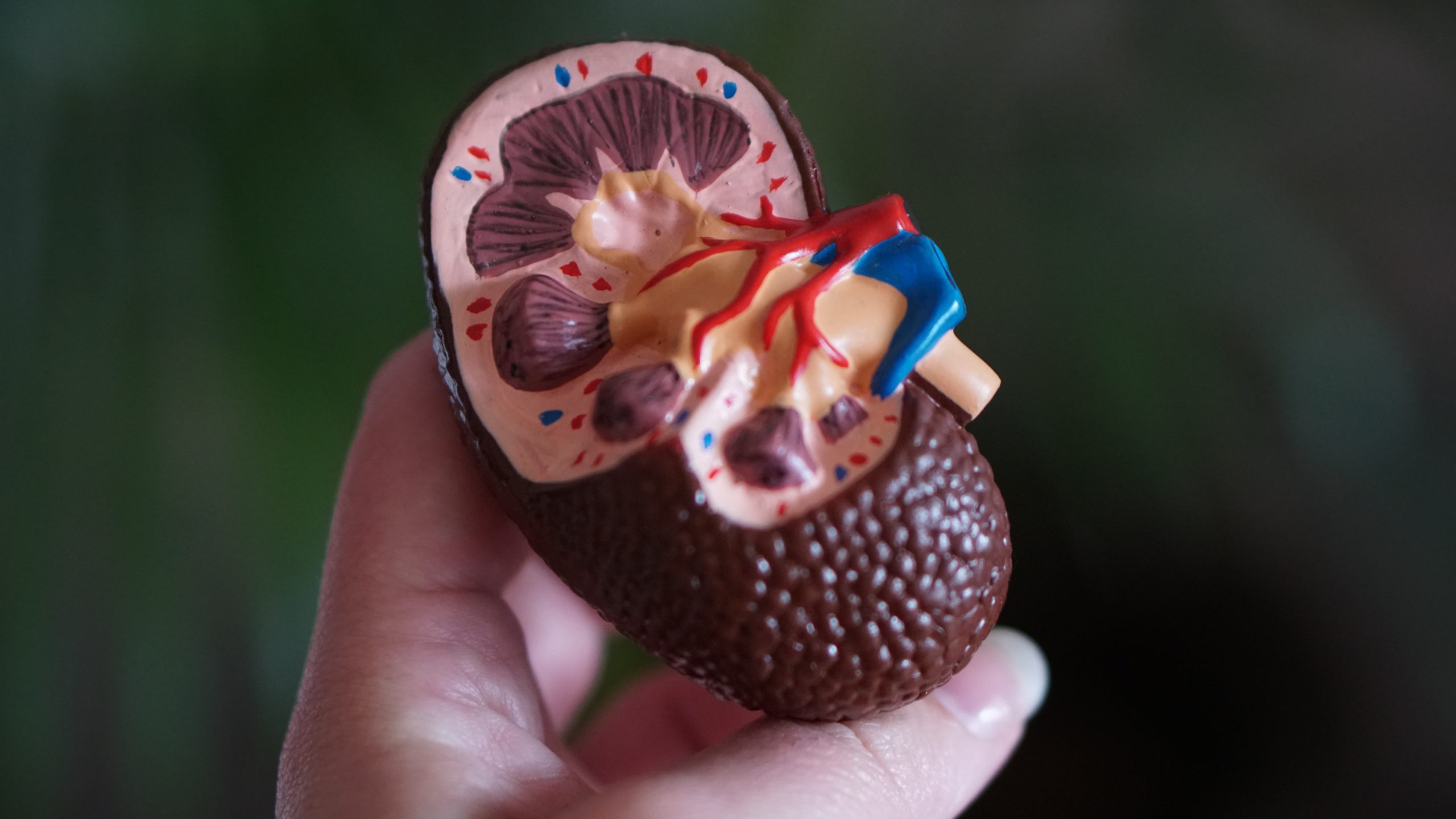
Body + Mind is reader-supported. We may earn an affiliate commission when you buy through some of the links on our site.
Today, it’s evident that more and more people are experiencing kidney stones. That’s especially true for females who can reproduce, as well as older adults in general. But what causes kidney stones — and how can you prevent them? Thankfully, you have some control over your chance of getting kidney stones in your lifetime.
Take a look.
A kidney stone is a hard deposit made from built-up minerals in your kidney. The development of kidney stones happens when crystals form in your urinary tract. Your urine has dissolved waste that needs liquid to move through your body. The absence of liquid causes kidney stones to gradually become more substantial.
You may be able to pass smaller kidney stones while urinating. A kidney stone that remains in the kidney causes a urine buildup. If you feel severe pain while having kidney stones, it’s likely due to that blockage.
There are four types of kidney stones. These variations include calcium oxalate, struvite, uric acid and cystine. Here’s a look at each kind’s different properties and causes.
You can get different kidney stones for various reasons. That said, it’s sometimes hard to tell which one you have because symptoms can be similar. In any case, you should keep an eye out for symptoms like lower back pains, nausea or vomiting and abnormal-looking or -smelling urine.
What causes kidney stones? There are several reasons why you may have them. In some cases, you’ll note that they’re preventable, as your lifestyle plays a significant role in avoiding the development of kidney stones. Here are five reasons why you might have kidney stones.
If you don’t drink enough water, you risk your body not having enough liquids to flush your urine’s waste. That buildup leads directly to kidney stones. It’s essential to keep yourself hydrated so that your kidneys have what they need to operate correctly.
Make an effort to avoid drinks like soda, coffee and alcohol that may make you more dehydrated. Try to consume at least five large glasses of water every day. You can set a timer on your phone to remind yourself.
A sugar- or salt-heavy diet can increase the risk of kidney stones. These ingredients result in calcium building in your urine. Having too much calcium can be a bad thing. Your bones can actually get weaker. Plus, you’re more likely to experience calcium oxalate kidney stones.
You can still eat these ingredients without getting kidney stones. It’s the amount that matters. If you’re consuming too many sweets, chips or other processed foods, you should cut back.
How often do you exercise? Your habits may impact your likelihood of getting kidney stones. That’s especially true when you don’t raise your water intake to compensate for sweating. It’s crucial to be more active than not so that you can avoid kidney stones. However, you don’t want to overdo things.
There’s also a chance that physical activity can help pass kidney stones in your system. Your doctor may recommend a light walk or jog to get them moving.
If you’re overweight, you may have a higher risk of developing kidney stones. That’s because obesity can increase the production of oxalate and calcium in the urinary tract. It’s important to maintain a healthy weight when taking steps to reduce your chance of kidney stones.
Be sure to talk to your physician about any weight concerns you may have. They should be able to help you develop a plan that’s right for your individual needs.
A high-protein diet can be detrimental for those wanting to prevent kidney stones. Eating animal-based protein in large amounts increases your body’s uric acid level. Plus, your urinary tract has less of a chance to fight kidney stones when you consume too much protein.
Consider cutting down on your protein intake, especially if it’s solely animal products. Instead, you should aim to eat more plant-based protein to keep your body healthy. A balance is key.
It’s no secret that kidney stones aren’t fun. Fortunately, you can take preventative measures to reduce your risk if you’re concerned about developing them. Use this information to figure out what causes kidney stones in your life — and how you can make the right changes.
Your email address will only be used to send you our newsletter, and at any time you may unsubscribe. For more information, see our Privacy Policy.